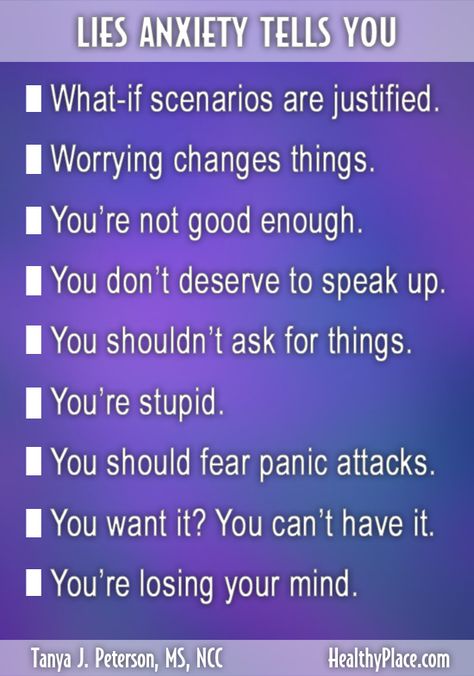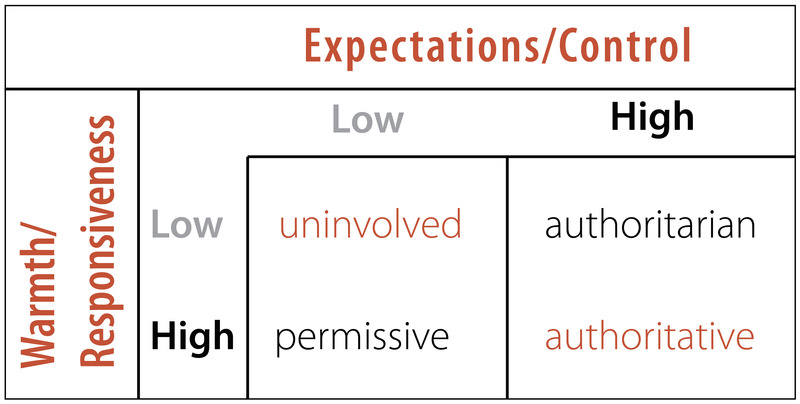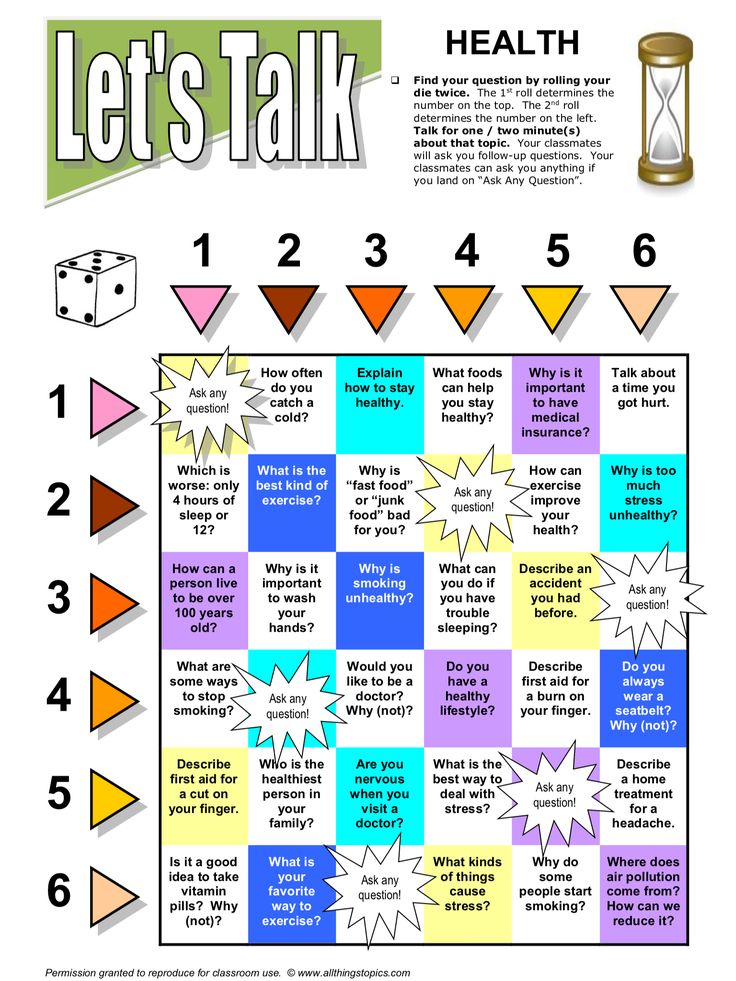When your spouse gives you the silent treatment
How to Respond to the Silent Treatment from Your Spouse
The Silent Treatment. I’m guessing that every spouse has given or gotten it at least once. It communicates a ton without saying a word, conveying things like anger, frustration, bitterness, manipulation, resignation, disappointment, and sorrow. But a long bout of the silent treatment can hurt a marriage and causes loneliness. The habitually silent spouse isolates the other, who becomes the lonely spouse. If you’re the lonely spouse, suffering in silence, there is hope. Here are some things to understand and to do to encourage communication again.
1. Don’t assume you know the reason for the silent treatment.
The causes can be complex and varied. Assuming you can simply figure out what’s going on in your spouse’s head and heart can be counterproductive. If your spouse hasn’t explained the silence, your assumptions can cause defensiveness, anger, and extended silence if you’re seen as oversimplifying or arrogant.
2. Explain to your Silent Spouse your need and desire to communicate.
This may seem simple, but misunderstandings and assumptions happen all the time in marriages, hurting the couple. They may think the silence is golden, causing a false sense of peace, and not realizing that the silence is damaging your relationship.
3. Be ready to listen, not just talk.
Communication is a two-way street that requires talking and listening. Communication is a two-way street that requires talking and listening. Listening skills are as important, if not more so, than talking when you are trying to coax your silent spouse. If they sense that you just want them to talk as a set-up for you to take the floor and give them a piece of your mind, they will likely clam up. Learning effective listening is critical to communication.
4. Be gracious, not caustic or sarcastic, when your spouse
does make the effort to talk with you.Avoid “it’s about time” or “oh, you figured out how to talk after all!” Say “thank you” instead. Sarcasm can kill any genuine progress you might be making in communicating together, so bury the eye rolls and the sarcastic comebacks.
Sarcasm can kill any genuine progress you might be making in communicating together, so bury the eye rolls and the sarcastic comebacks.
5. Practice the Golden Rule in how you respond.
Dealing with a silent spouse can elicit a lot of negative emotions, and it can be hard to treat them the way you want to be treated. But it’s important, in part, because you are trying to model for them how you want them to interact with you. Don’t use the Golden Rule as a manipulation; simply put yourself in their shoes and hear yourself, thinking before speaking.
6. Try to show empathy instead of winning sympathy from your Silent Spouse.
Empathy is hard to do, especially for someone who you feel is hurting you. If you want their sympathy for your loneliness more than you want to empathize with and understand their pain, you are probably encouraging the silent treatment.
7. Be willing to let go of your grudge.
Grudges can be natural, even understandable in certain circumstances…but they are also devastating.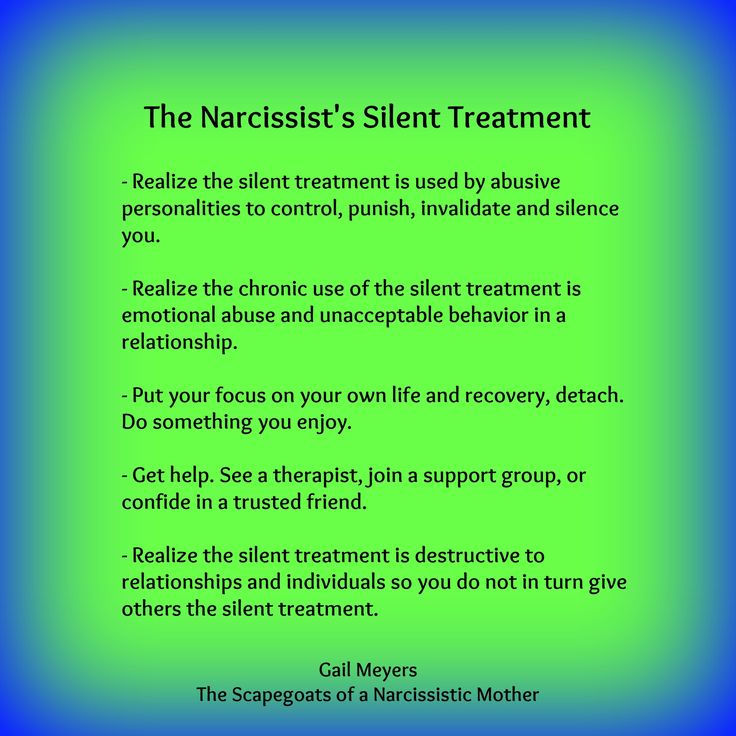 Some people who are carrying a long-term grudge think that it doesn’t impact the rest of their life. But a grudge tends to leak out into other parts of life. You’ll need to work on letting it go.
Some people who are carrying a long-term grudge think that it doesn’t impact the rest of their life. But a grudge tends to leak out into other parts of life. You’ll need to work on letting it go.
8. Make time.
Getting a silent spouse talking takes time. And you might need to schedule time where you can just be alone. If you’re not in the habit already, this might be a good reason to start making date nights to have some time away from kids and work and everyday stuff to focus on communicating.
9. Be ready to ask for forgiveness.
Sometimes the silence comes from an unspoken hurt you’re unaware of causing. If it surfaces, don’t be defensive, but be willing to evaluate it and own it. Asking for forgiveness in a meaningful way can be a powerful help to a marriage. At times when Susan has given me the silent treatment, I’ve found that one of the best ways to get her to open up is to offer a sincere apology—“I apologize. I was wrong. Will you please forgive me?”
10.
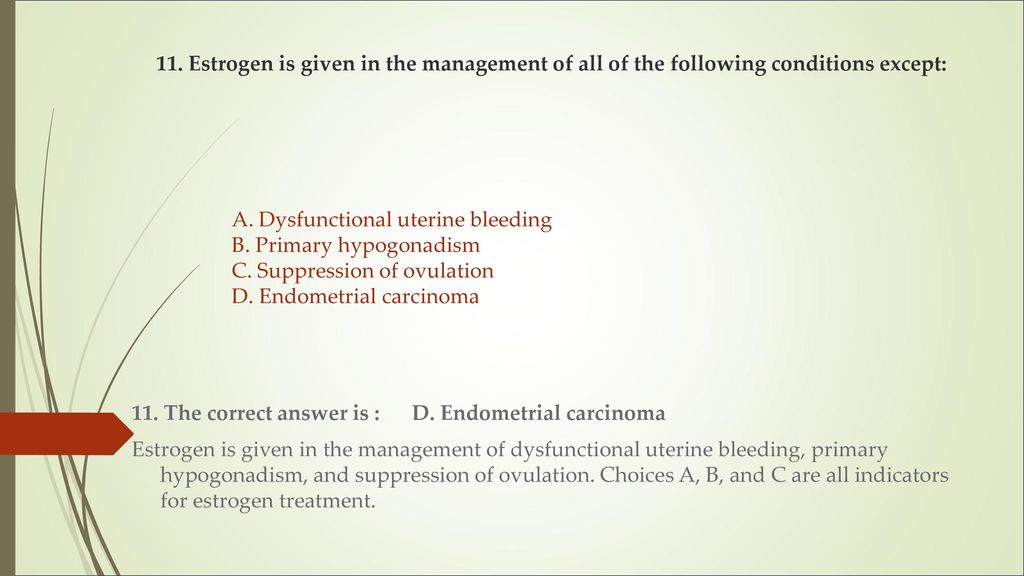 Be ready to offer forgiveness.
Be ready to offer forgiveness.Sometimes silence comes from your spouse’s guilt or shame. If this surfaces, having a forgiving heart may be just what’s needed to open up the gates of meaningful conversation again with your spouse. Forgiveness is a decision. When you really forgive someone, you are making a decision to release, embrace, pardon, and grow.
11. Understanding passive-aggressive silence.
Silence can be a manipulation tool in the hands of a passive-aggressive spouse. And that can make everything more difficult. If you suspect that, click here to see our post on handling the passive-aggressive spouse.
12. Don’t give up.
Complacency is so destructive in marriage. If you are feeling worn down by the loneliness and the silence, find friends and family who will encourage you and hold you up.
This list is not exhaustive or magical. Communication, and marriage, is just hard work sometimes. But prayerfully and patiently pursuing peace and resolution can help your marriage get stronger as you emerge from the valleys of silence and loneliness together.
The Surprising Truth About The Silent Treatment
by Karen Young
2,781,961
VIEWSThe silent treatment is a way to inflict pain without visible bruising – literally.
Research has shown that the act of ignoring or excluding activates the same area of the brain that is activated by physical pain.
The best predictor of divorce isn’t whether a couple fights – arguments are inevitable – but how a couple fights. The key to being closer in the good times lies in the way a couple treats each other during the bad.
The silent treatment can tend to present itself as a response more fitting of the ‘high road’, one of grace and dignity, but research has shown it is anything but.
Kipling Williams, a Professor of Psychology at Purdue University who has studied ostracism for twenty years, explains, ‘Excluding and ignoring people, such as giving them the cold shoulder or silent treatment, are used to punish or manipulate, and people may not realise the emotional or physical harm that is being done.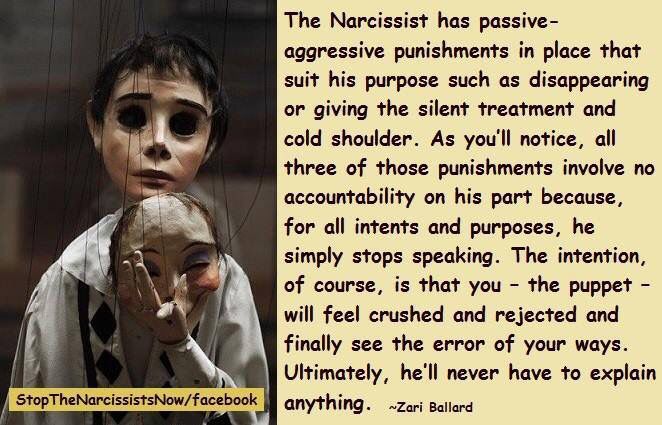 ’
’
The ability to detect ostracism is hardwired in us – it doesn’t matter if you’re being ignored by a group or a person you can’t stand, the pain still registers.
The silent treatment, even if it’s brief, activates the anterior cingulate cortex – the part of the brain that detects physical pain. The initial pain is the same, regardless of whether the exclusion is by strangers, close friends or enemies.
The silent treatment happens when one partner pressures the other with requests, criticism or complaints and the other responds with silence and emotional distance.
Paul Schrodt, PhD, Professor of Communication Studies reviewed 74 relationship studies which involved more than 14,000 participants.
Findings from his in-depth analysis revealed that the silent treatment is ‘tremendously’ damaging to a relationship. It decreases relationship satisfaction for both partners, diminishes feelings of intimacy, and reduces the capacity to communicate in a way that’s healthy and meaningful.
‘It’s the most common pattern of conflict in marriage or any committed, established romantic relationship,’ says Schrodt. ‘And it does tremendous damage.’
It’s an incredibly hard pattern to break because both partners lay the blame at the feet of the other.
‘Partners get locked in this pattern, largely because they each see the other as the cause,’ explains Schrodt. ‘Both partners see the other as the problem.’ One partner will typically complain that the other is emotionally unavailable. The other will accuse his or her partner of being too demanding or critical.
When couples become locked in this ‘demand-withdraw’ pattern, the damage can be both emotional and physiological include anxiety and aggression as well as erectile dysfunction and urinary and bowel problems.
It doesn’t matter which partner demands or which one withdraws, the damage to the relationship is the same. It’s the pattern itself that’s the problem, not the specific partner.
The silent treatment should not be confused with taking time to cool down after heated or difficult exchange. Williams suggests that instead of reverting to the silent treatment, try ‘I can’t talk to you right now, but we can talk about it later.’
Williams suggests that instead of reverting to the silent treatment, try ‘I can’t talk to you right now, but we can talk about it later.’
Nobody engages the silent treatment expecting it to damage the relationship, and that’s the danger.
Generally, it’s called on as the weapon of choice because it’s powerful and it’s easy to get away with. There is nothing subtle about a physical or verbal lashing, but an accusation of the silent treatment, ‘Are you ignoring me?’ can easily be denied.
Silence can feel like a dignified, high road response but it’s not. It’s a way to inflict pain but without the physical marks.
Being noticed is so close to being loved, that sometimes they feel the same.
Being ignored is just as powerful.
[irp posts=”810″ name=”Fighting Fair in A Relationship: How to Get What You Need and Stay Close While You Do It”]
How I realized it was time to get divorced: personal experience
Olga Goryacheva
Author and editor at ArtSide internet marketing studio.
An empty marriage and sick relationships lead nowhere. And it's not even about when there are constant conflicts in the family. I'm talking about a marriage in which everything seems to be fine, but for some reason there is no love and happiness.
Looking back, I've come up with six signs that it's time for a divorce.
My story
My first marriage was a mistake. We were a dancing couple, falling in love, unplanned pregnancy, registry office. The usual story. We were connected only by dancing, and after the birth of a child, we had to forget about them altogether. But I believed that our boat of love should stay afloat no matter what.
The marriage lasted five years, during which I periodically thought about divorce. Sometimes out loud. But determination was not enough. Largely because outwardly everything was normal: we almost did not quarrel, did not live in poverty, the way of life stabilized over the years, the child grew up. But there was nothing in common either.
I was lucky. I met the man of my dreams and over time I realized that if I want to be with someone, then only with him. But if it does not work out, then I can no longer live in an empty relationship. Even if we hadn't met, I would still come to the same decision, but later. There were bells.
We stopped talking to each other
At first we talked a lot: where did you study, what do you do, how do you look at the world, who are your parents and friends, what music do you listen to, what books do you read, what films do you like to watch. At the dating stage, there is always something to talk about.
But over time, the topics have exhausted themselves. It became clear to both that there was nothing to discuss. Just like in the movie What Men Talk About, when Camille reads a text message from his wife: “Toilet paper. Bread. Milk".
Sometimes the discussion turned to views on life values. And here another problem arose. My husband is five years younger than me, and I turned out to be too experienced a partner for him in almost all areas of life.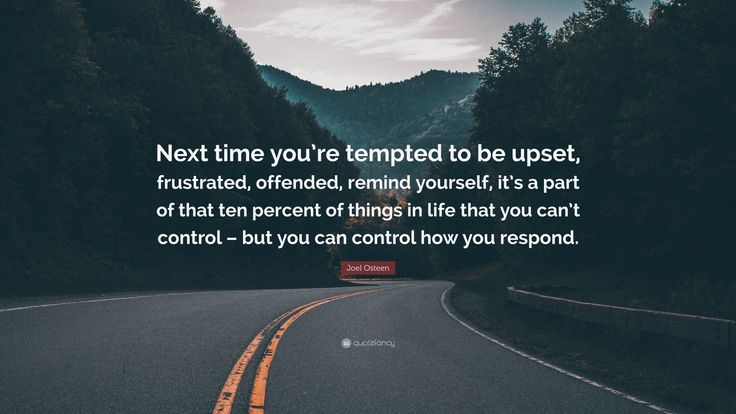 As a result, the dialogue did not work out - it was more like consultations. My husband was a smart and grateful listener, but I was getting more and more bored.
As a result, the dialogue did not work out - it was more like consultations. My husband was a smart and grateful listener, but I was getting more and more bored.
Conclusion
Communication is the main component of any relationship.
You communicate most of the time. And it should be fun for both of you.
If your partner stares into your mouth and you are a parent in your life, you may get bored with it over time. If you are always in the position of an obedient student, someday you will want to be independent.
Communication should be mutually enriching. You should have a similar cultural background that you can build on together. When one constantly pulls the other along, or when people go their separate ways, vital chatter gradually disappears.
We tried to be away from home as much as possible
We spent most of our time apart, but somehow we didn't want to be together. It was normal for the husband to come after 9-10 pm.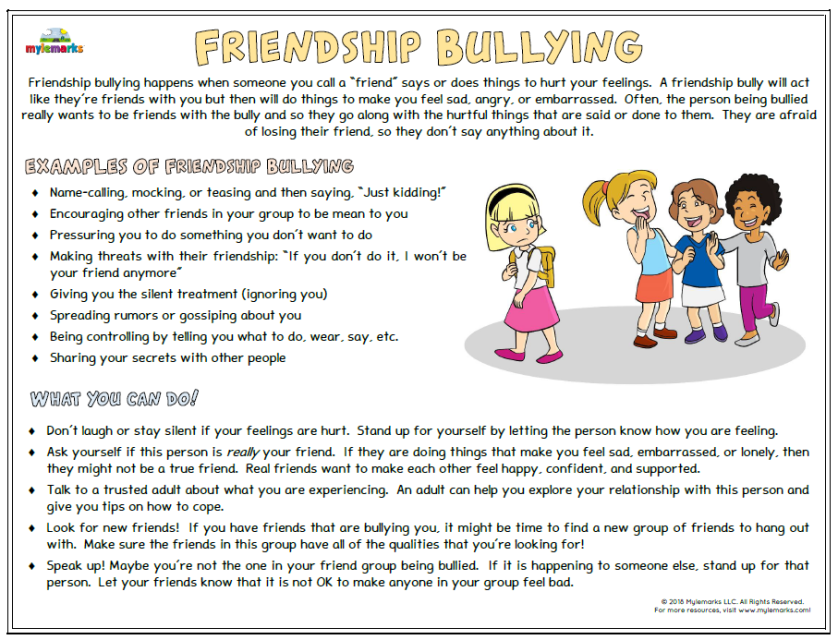 I fell asleep peacefully when I put the baby to bed. We could hardly see each other until the weekend.
I fell asleep peacefully when I put the baby to bed. We could hardly see each other until the weekend.
Saturday and Sunday were also spent in their own way. I walked with my son, tried to meet with friends. The husband spent time at the laptop: study, work, movies, games.
I used to tug at him and ask him to spend time with me. He reluctantly agreed. Then I left him alone. I felt more comfortable that way.
My husband has a hobby - archery. I became interested in acrobatics on the pylon. As a result, we scored five evenings a week of separate leisure.
Holidays were the next distance. Everyone rested on their own and considered it the norm. We convinced others that it was easier and cheaper that way. That's right, but we wanted to travel without each other.
Conclusion
When the atmosphere in the house is depressing, you subconsciously look for an opportunity to be there as little as possible.
You leave for work earlier, stay late, respond to any offers to meet friends, invent a hobby that takes up all your free time.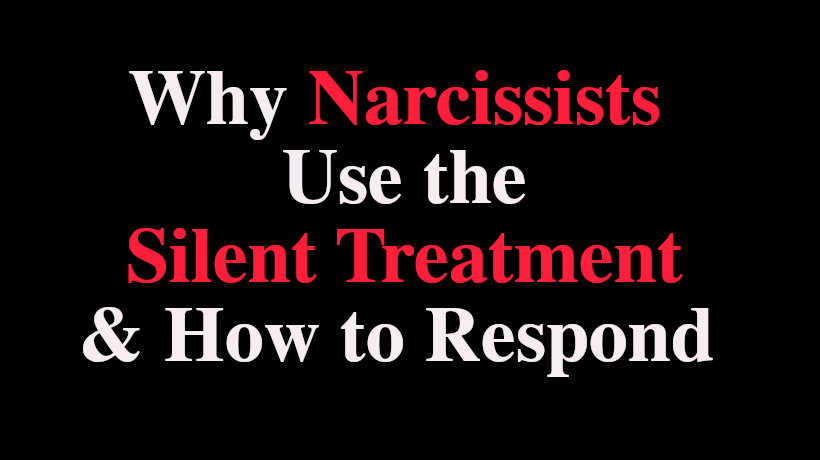 Your spouse silently supports your absence. You leave when everyone is still sleeping, come back and everyone is already asleep.
Your spouse silently supports your absence. You leave when everyone is still sleeping, come back and everyone is already asleep.
The problem is not in the mode itself. The problem is, both of you are fine with it.
Sex became less and less
During pregnancy and especially after childbirth, my sexual appetites moderated to zero. This is largely due to how my life has changed, there was no time for love. But even then, when everything stabilized, I realized that I was not attracted to my husband. And it wasn't about him.
He was a good lover and knew perfectly well where and how to pet me to make me tremble with delight. His sexual impulses always let me know that I was wanted.
But I still felt that I did not feel emotional intimacy, so I often refused him, referring to fatigue and an early rise. The amount of sex dropped to once a month. I perceived it as a marital duty and in 9 cases out of 10 I tried to finish it as soon as possible. It was nice, but overkill.
Conclusion
In a healthy relationship, the quantity and quality of sex suits both. There are couples who have enough intimacy once a month, and for some, six times a day is not enough. But if you constantly send your partner with the words "I want to sleep, let's not today", something goes wrong.
We ceased to interest each other
With a generally caring attitude, I stopped immersing myself in the life of my spouse, she no longer interested me.
One day my husband fell ill and ended up in the hospital, he had to have an operation. I visited him only twice during my 14 days in the hospital. For the first time I brought documents, things and products. The second time I came after the operation. When he asked if I would come again, I was sincerely perplexed: “Do you need to bring something? What am I to do there, to hold your hand? I have a lot to do, I can't."
It's a shame. And I was offended when I arrived from the exam from the traffic police with a driver's license after 10 hours of stress, and my husband said only: “Cool, well done. Will you pick up your child from kindergarten tomorrow?
Will you pick up your child from kindergarten tomorrow?
Conclusion
Lack of immersion in the life of a partner, support, warmth is not revenge, but banal indifference, for which one cannot be blamed.
You either have feelings or you don't. And they cannot be faked.
Indifference is a sign that the relationship is over, only functions remain: earn money, look after the children, keep the house in order, cook food. This is not how spouses live, but roommates or bedmates.
We quarreled with anger
My ex-husband and I have non-conflict personalities, so the dishes in our house have never been broken. However, sometimes quarrels arose, and we tried to hurt each other more painfully, to accuse of something.
Sometimes skirmishes ended with me talking about divorce. One day, the husband really began to collect things. I cried and ran to the kitchen. I sob, and thoughts swirl in my head: “How am I now? So, wake up at 7:15, take the child to kindergarten.
We parted not that day, but later. But the way we quarreled and what we tried to come to clearly signaled that it was time to disperse.
Conclusion
In unhealthy relationships there is no care, no acceptance of each other's emotions. We behave coldly and instead of resolving the conflict, we are looking for something else to remember.
There are also quarrels in healthy relationships. All people are different and see the world differently, so disagreements are normal. But in the conflicts of a happy couple, there is always a goal to reconcile.
What do I want from a quarrel? Sleep separately? Don't talk for three days? Or do I want to live a happy life with this person? If the latter, then even in righteous anger, you will choose your words and try to talk about your feelings.
I began to dream about what my life would be like without my husband. And I liked it.
If you are afraid of breaking up, imagine that what you are afraid of has already happened. What will you do with it?
What will you do with it?
This is necessary for the brain to develop a plan of action and calm down. Not only will you stop worrying, but you will also understand how to spread straws in case of misfortune.
I was also afraid. How will I live if I get divorced? I will have a child and a million financial difficulties. What will i do? And the brain drew the following plan in 10 minutes:
- Rent out an existing apartment.
- Rent a house within walking distance from the kindergarten.
- Transfer all child's activities to kindergarten so as not to travel around the city.
- Transfer work to a remote mode and collect orders so as not to waste time and money on the road.
I have formed an understanding of my actions in the event of a divorce. Now we need to think about how to deal with this. What emotions does the proposed action plan evoke? Do you want to live such a life?
If the answer is no, all is not lost. If the answer is “yes”, congratulations, soon you will get rid of the oppression of relationships you don’t need and become freer and happier.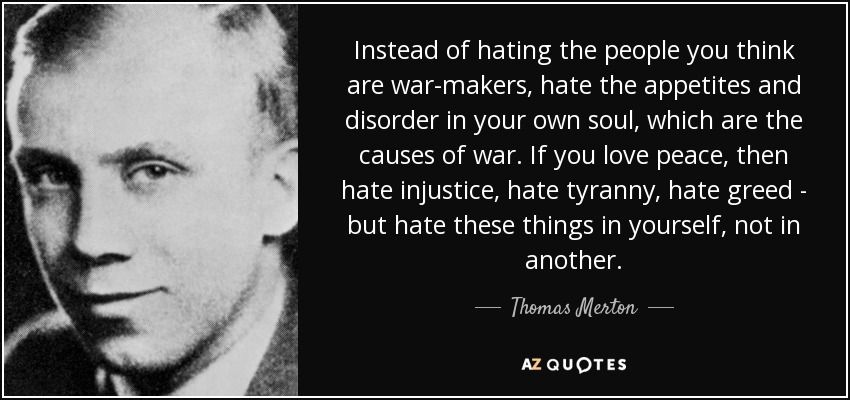
I suddenly realized that I like my plan. I will spend more time with my son, not being distracted by my husband and not worrying that they do not communicate much. At this point, our family broke up.
Conclusion
Try to imagine life after divorce. If you can't, then you're not ready to take that step yet. If you can, but you don't like it, you don't need a divorce. If presented and everything suits - get a divorce.
Is it possible to save a problem relationship
It is possible to save a relationship if both of them want it. But they dream not to save the family, but to stay with their partner. Keeping a family is about decency in the eyes of others and an abstract sense of duty. And the desire to be with a loved one is about a personal conscious choice.
It happens that people simply do not know how to communicate and live together without destroying each other. Someone has a hot temper, someone has problems with self-esteem. If the two of you feel bad, but without each other it’s even worse, then the problem is not in choosing a partner, but in the quality of communication.
Read books on the psychology of relationships
The Passion Paradox by Dean Delis and Cassandra Phillips
A book about imbalances in relationships where one loves and the other doesn't. From it you will learn where love disappears and why it happens, who are strong and weak partners, how to properly resolve conflicts.
The book will be useful to weak partners who feel dependent on their soul mate and believe that relationships are based only on them. You will understand why your partner is drawn to you less and less and learn how to become stronger, restore harmony and self-sufficiency.
The book will help the leading people in a couple to figure out what happened in the relationship and where the former love and passion have gone. You will better understand your partner's motives and learn how to help him become more independent and calm and stop holding you around.
Buy at Litres.ru
The Five Love Languages, Gary Chapman
The book is about different forms of manifestation of love. Some feel love in the time spent together, and some through physical care and assistance. Someone small, but frequent gifts lead to ecstasy. In total, the author identifies five types: joint time, help, encouragement, touch and gifts.
Some feel love in the time spent together, and some through physical care and assistance. Someone small, but frequent gifts lead to ecstasy. In total, the author identifies five types: joint time, help, encouragement, touch and gifts.
Look among them for yourself and your soul mate. You may want to learn how to love your partner in the way that makes them feel the most comfortable. The book will be useful to anyone who needs a good relationship not only with a loved one, but also with other people.
Buy at Litres.ru
Games People Play by Eric Berne
The meaning of the book is as follows: people tend to play social games. There are simple stroking games that are known to everyone and accepted in society. For example, I came back from vacation, and you ask how I spent it.
There are more complex and dangerous games - scenarios. A person unconsciously searches for his script and plays it out. They are instilled in us from childhood and are good (becoming a doctor and saving lives) and bad (saving the lives of others, not remembering yourself, burning out at work and dying at 35).
My scenario is that if you become pregnant, you definitely need to marry the child's father, you can't get divorced - you need to raise a partner. I did not see other options for the development of events and went straight ahead to this marriage, as if fulfilling a program. Only five years later I ask myself: do I really want to? Do I need it?
Buy at Litres.ru
More about dependent relationships can be found in the article by psychologist Mikhail Labkovsky "Family Therapy is a Divorce".
Go to a psychologist
Another way to harmonize relationships and life in general is to go to a psychologist. But it is better not together, but separately.
Psychologists do not tell how to live and do not give valuable advice about the toilet lid. They ask questions, help to consider the situation from different angles, put yourself in the place of another person and realize that something is not right. You find the way out yourself.
Psychologists help to deal effectively with anxiety, fears and anger through various therapeutic practices, such as art therapy or sand therapy.
As a result, you will no longer be offended by the unpleasant behavior of your spouse, you will learn to be happy and stable.
After that you will have two options:
- your harmony will have a positive effect on your partner, your relationship will improve;
- you will realize that you no longer need this relationship, and you will soon part ways.
When the only way out is to get a divorce
My first marriage was like chickenpox for me, after which the body acquires immunity forever. Was this marriage unsuccessful? Yes, there was. Do I need such a relationship? Yes, they are needed.
We always attract only the right people. We learn alongside them. And if we learn a lesson, we become better. I needed a man with whom I would be a superwoman to be proud of the severity of my life.
Then I grew out of these ideas, but the relationship itself did not change and ceased to suit me. And there was only one way out.
Divorce is not a sentence, but work on mistakes
We were not and could not be happy together. Nobody is to blame for this. My ex-husband is a wonderful person, decent, smart, attractive, he dances wonderfully. I treat him well and wish him happiness from the bottom of my heart. I absolutely did not want to hurt him, although I understood that a divorce would be a tragedy for him. However, I did not shine next to him and eventually stopped trying.
Nobody is to blame for this. My ex-husband is a wonderful person, decent, smart, attractive, he dances wonderfully. I treat him well and wish him happiness from the bottom of my heart. I absolutely did not want to hurt him, although I understood that a divorce would be a tragedy for him. However, I did not shine next to him and eventually stopped trying.
There was only one option for me - to disperse. Of course, it is a pity invested in the relationship of effort and time. I was worried about my ex-husband, I was worried about how the divorce would affect the child.
I wasn't ready to sacrifice myself out of courtesy and regrets about the past, because that wouldn't make anyone happy.
If you are walking somewhere for a long time and suddenly realize that you have been going in the wrong direction all this time, you have two options: turn back or deliberately continue walking in the wrong direction.
Divorce is not a catastrophe, people don't die from it. Divorce is work on mistakes. I admitted my mistake, forgave myself for it, and happily move on with my life.
Divorce is work on mistakes. I admitted my mistake, forgave myself for it, and happily move on with my life.
Read also 🧐
- 16 tips for anyone in a relationship
- How to civilly divorce and start a new relationship
- How to survive after a divorce: advice for women
7 golden rules of happy families: advice from a psychologist and golden couples
Source: Lisa (lisa.ru), Moscow, September 29, 2020
woman want to be happy. Warm, trusting relationships are the same reliable rear, support and support. We find out what is the secret of a long happy relationship.
Not every couple manages to feel complete harmony and feel vivid emotions for many years. But on the other hand, it's kind of normal. It is impossible to be at the peak of emotions, joy, love all the time - it is exhausting. And yet, I don’t want to sit in the swamp of routine either. How to find the golden mean? We talk about the main secrets of "golden" couples and give useful advice to those who dream of living a long happy life in marriage.
They do not allow command tone
Living together, in which one of the partners is constantly trying to command, points and morally suppresses the other, will never bring happiness. If at a young age one of the two is still ready to turn a blind eye to this, then a mature person is unlikely to want to endure such an attitude.
Some of you may earn more, some may invest more energy in home improvement, caring for children and elderly parents, but all this is not a reason to feel and show your superiority over your loved ones. Equality and mutual respect is one of the main secrets of a happy, harmonious relationship.
They build relationships on trust
If family life takes place in an atmosphere of complete trust and mutual understanding, this always makes partners happy. Do not waste time on various suspicions and doubts - leave more room in life for love, tenderness and passion. What could be better than the confidence that your loved one will always understand, support and never deceive?
Distrust destroys love, and confidence in each other, on the contrary, allows it to persist for many years and fill every day of the life of a married couple with happiness. If a life together gives a man and a woman a lot of positive emotions, then there will definitely be a place in it for the most vivid sensations.
If a life together gives a man and a woman a lot of positive emotions, then there will definitely be a place in it for the most vivid sensations.
Polezhaeva Sofya Sergeevna, psychologist of the Moscow Service for Psychological Assistance to the Population
Quarrels happen, but they should not destroy relationships. Differences and verbal battles do not mean that the marriage has come to an end - it is normal that sometimes it can be difficult for people to agree. Show respect and care: never be late, take care of your spouse during illness and in difficult times. Kiss each other more often and say words of love and gratitude. Love each other unconditionally! You will succeed. Be happy!
They fight... right!
Love is destroyed not only by monotony, routine and everyday life, but also by constant mutual claims, insults, bickering. If spouses show disrespect to each other too often or harbor unspoken grievances, sooner or later their love will come to naught. But calm conversations, avoiding insults and accusations help to maintain warmth and mutual care in relationships. In addition, partners will even be able to look at each other in a new way, fall in love with each other again, if they decide to abandon rudeness and excessive selfishness and begin to solve their problems with patience and respect.
But calm conversations, avoiding insults and accusations help to maintain warmth and mutual care in relationships. In addition, partners will even be able to look at each other in a new way, fall in love with each other again, if they decide to abandon rudeness and excessive selfishness and begin to solve their problems with patience and respect.
The secret to successful problem solving is constant dialogue, respectful communication about what causes discomfort: "It upsets me when I see dirty shoes on a clean floor" . Always talk to each other, listen carefully, remembering that silent people may seem attractive only initially. It is impossible to live a happy life with a person who is not capable of a constructive dialogue.
They love to hug
Oddly enough, this is one of the main secrets of strong married couples! Unfortunately, many partners, when they have lived together long enough, begin to believe that touching and hugging is completely optional.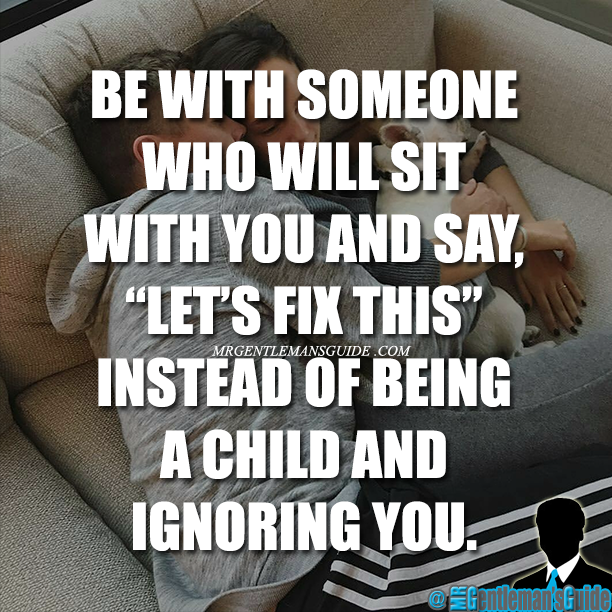 The evening kiss on duty becomes almost the only manifestation of tenderness. This is a big mistake, since it is frequent tactile contact that keeps the spouses from weaning from intimacy with each other.
The evening kiss on duty becomes almost the only manifestation of tenderness. This is a big mistake, since it is frequent tactile contact that keeps the spouses from weaning from intimacy with each other.
There is a scientific explanation for this - during tactile contact (especially "skin to skin"), the hormone oxytocin is released, which forms warm relationships and affection. Why not a do-it-yourself love potion?
Have you noticed how happy a man and a woman look when they walk holding hands or hugging? And how touching and sometimes even surprising if an already quite elderly couple behaves in exactly the same way? Surprise arises precisely because we do not often see such a reverent and harmonious relationship in adulthood. And it is these couples who feel the happiest.
Try to touch each other more often, embrace each other, stroke, kiss. Such tactile manifestations of love will help maintain warmth in communication, and when the relationship cools, they will return it.
Sushkovs Faina Borisovna and Arkady Sergeevich :
On September 22, 2020, we celebrated our 58th wedding anniversary. When we try to formulate the secrets of our happy life, then some secret meaning of love is lost. We have lived all our lives overcoming difficulties. Together, together. We never asked each other for help and support - it was a matter of course. While I was in graduate school, my precious husband sat with three children, helped around the house and supported me in everything. A few years later he also took up science, and then it was my turn to devote more time to home and children. We always had many friends, and we lived on the principle of mutual assistance and support. Probably, the foundations of these principles were laid in our youth, when my husband and I were fond of tourism and mountaineering - it is impossible to do without trust and mutual assistance in these sports. We still try to live an active life today: we like to visit theaters, exhibitions, museums, travel around Russia. Until the spring of this year, we attended dance classes under the Moscow Longevity program, it really helped to stay alert and active !
Until the spring of this year, we attended dance classes under the Moscow Longevity program, it really helped to stay alert and active !
They have common interests
Exciting joint activities always bring people together. Think about how touching it is when a man and a woman who have lived together for many years still try to be near each other as often as possible and look for an activity that will appeal to both. Relationships like this are something to be proud of. It is not so important that it is a passion for gardening or extreme sports.
In a relationship where both strive to spend time together and experience vivid emotions from their favorite common cause, there is always a place for warmth, understanding and love.
As part of the Moscow Longevity project, older Muscovites attend clubs and sections free of charge in various areas of activity, including sports, intellectual and creative. Everyone will be able to choose something for themselves, as well as for spending time together.
Creative couples can attend dance classes, voice lessons, start mastering theater or painting. Couples who prefer physical activity can do gymnastics, yoga, zumba, and attend Nordic walking classes together with the project's sports trainers. For those who seek to gain new knowledge, Moscow Longevity offers intellectual clubs on history, art, psychology, financial and legal literacy, foreign language classes, and much more.
At the moment, most of the classes of the Moscow Longevity project are held online using modern communication platforms. Teachers and curators of the project will help you connect and explain all the technical nuances. Women from 55 years old, men from 60 years old can enroll in the Moscow Longevity project. Registration for online classes takes place by phone, for this you need to call the nearest Territorial Center for Social Services. For phone numbers, see mos.ru/age. Classes in the Moscow Longevity project are absolutely free.
In addition, Moscow has a new format of social institutions for the older generation "My Social Center" (MSC). This is a new approach to organizing free time, developing club activities, supporting social activity based on the common interests and values of the target audience.
This is a new approach to organizing free time, developing club activities, supporting social activity based on the common interests and values of the target audience.
The new club space opened up wide opportunities for creative self-realization, development, spending free time and self-organization of the older generation. This is a place of live communication and good neighborliness, where the main organizers of activities and hosts are the residents themselves, who form the program, fill the space and hold meetings and events that are interesting to them.
The infrastructure of the institutions is thought out taking into account the various interests of the guests. The MSC has an assembly hall for master classes, concerts and parties; multifunctional sports hall; noisy living room for fun games; a quiet living room for chess tournaments and literary clubs; as well as a media lounge for joint viewing of films or computer literacy lessons; culinary studio.
More than 3. 5 thousand activities have already been organized in the club spaces of My Social Center. All services of the centers are free for visitors.
5 thousand activities have already been organized in the club spaces of My Social Center. All services of the centers are free for visitors.
Institutions did not stop their work during the spring self-isolation regime. Citizens continued to communicate and lead an active lifestyle online. The most popular communication platforms are WhatsApp, ZOOM and Skype.
From September 28, older people are advised to stay at home. Therefore, most self-organized clubs have returned to the online space. Also, for regular and new visitors to the MSC, active project participants have prepared a series of online activities in various areas. You can follow the schedule of the online program on the website of the Department of Labor and Social Protection of the Population of the City of Moscow.
They say "thank you"
The ability to appreciate what you have and be grateful for the kindness, love and years spent together help to maintain harmony in a couple. Over time, many spouses get used to each other so much that they cease to understand how valuable this relationship is, and how valuable each of them is in itself.
Over time, many spouses get used to each other so much that they cease to understand how valuable this relationship is, and how valuable each of them is in itself.
Do not forget to thank each other for any, even the most insignificant service. Do not take a dear person and the fact that he lives with you for granted. You yourself turn your life into a routine and prevent the preservation of love when, for example, you brush off your partner’s request because he can definitely wait. Would you have brushed aside his request at a time when everything between you was just beginning?
The willingness to immediately help each other, the desire to respond kindly to kindness and the ability to thank - all this does not allow tenderness and love to leave the relationship over time.
They do not live in the past
People often yearn for the past, both at a young age and in adulthood. However, in youth, for obvious reasons, nostalgia is not yet so strong - a person may regret some moments, but he is not yet able to feel the pain of missed opportunities and the realization of how many years are left behind.
Sometimes a state of melancholy takes possession of a person so much that he begins to endlessly scroll through his head the idea that everything could have been otherwise. He remembers his previous partners or all the mistakes that he made in a relationship, his resentment towards a partner. Because of this, of course, relationships suffer - what kind of love can we talk about, even if you want to change the past?
In order to maintain strong emotions in a relationship, it is very important to let go of the past and live in the present. Memories, regrets and illusions put love (and life!) in doubt and make you constantly look back, not notice what is happening in the present.
Everything changes...
Remember that relationships are never the same throughout life. Even those relationships in which the partners could not endure even an hour without each other will not remain unchanged. Passion cannot always be kept at the same level, but this does not mean that over time it will necessarily completely disappear from the relationship, and it will become impossible to return even some of it.


